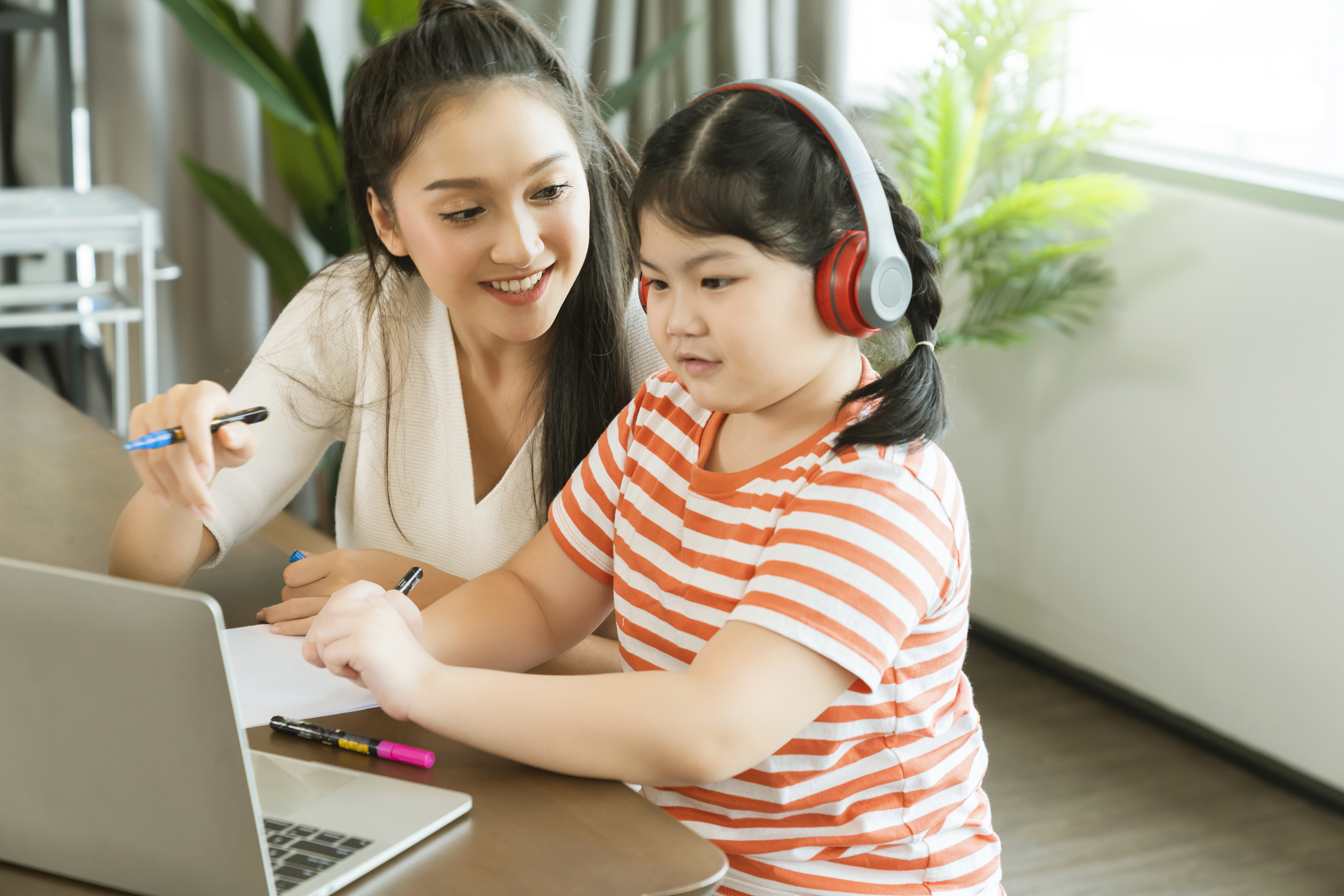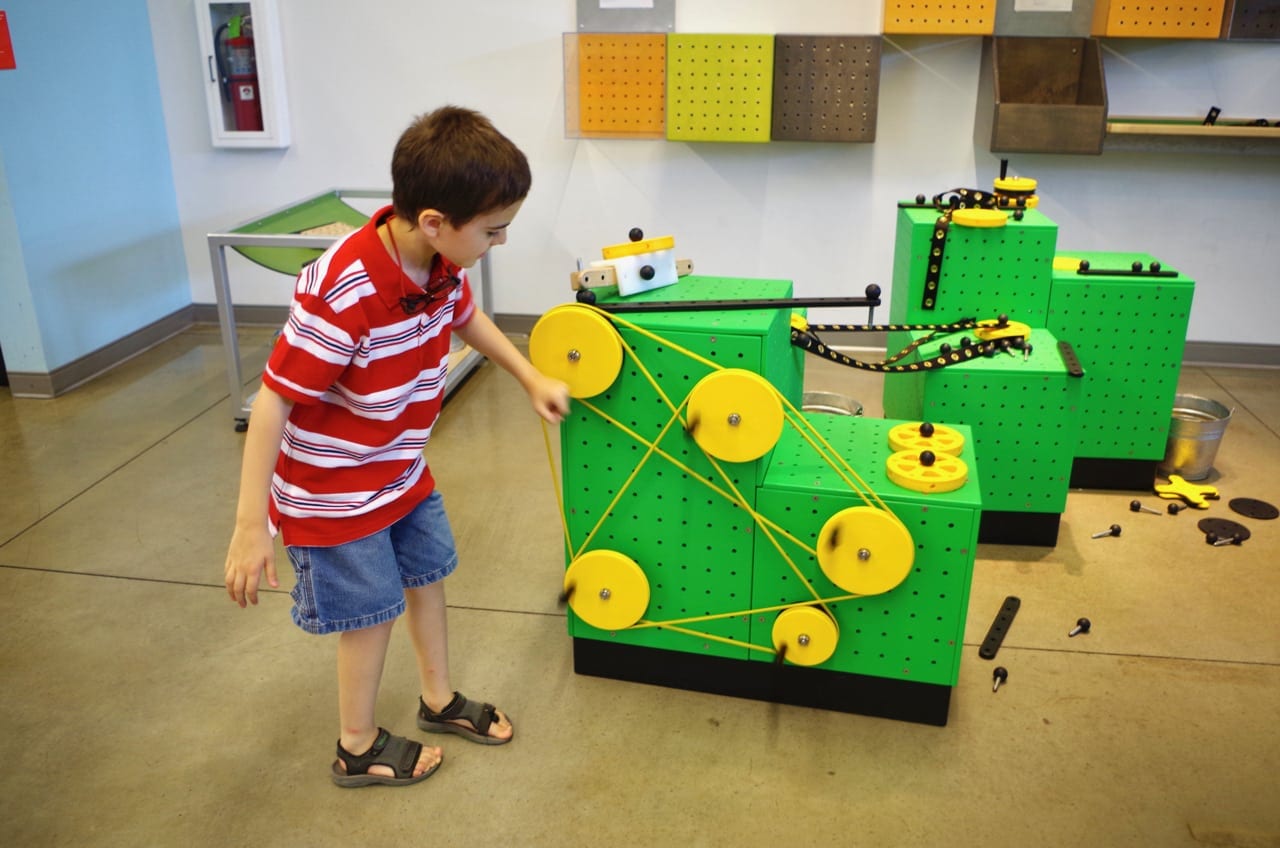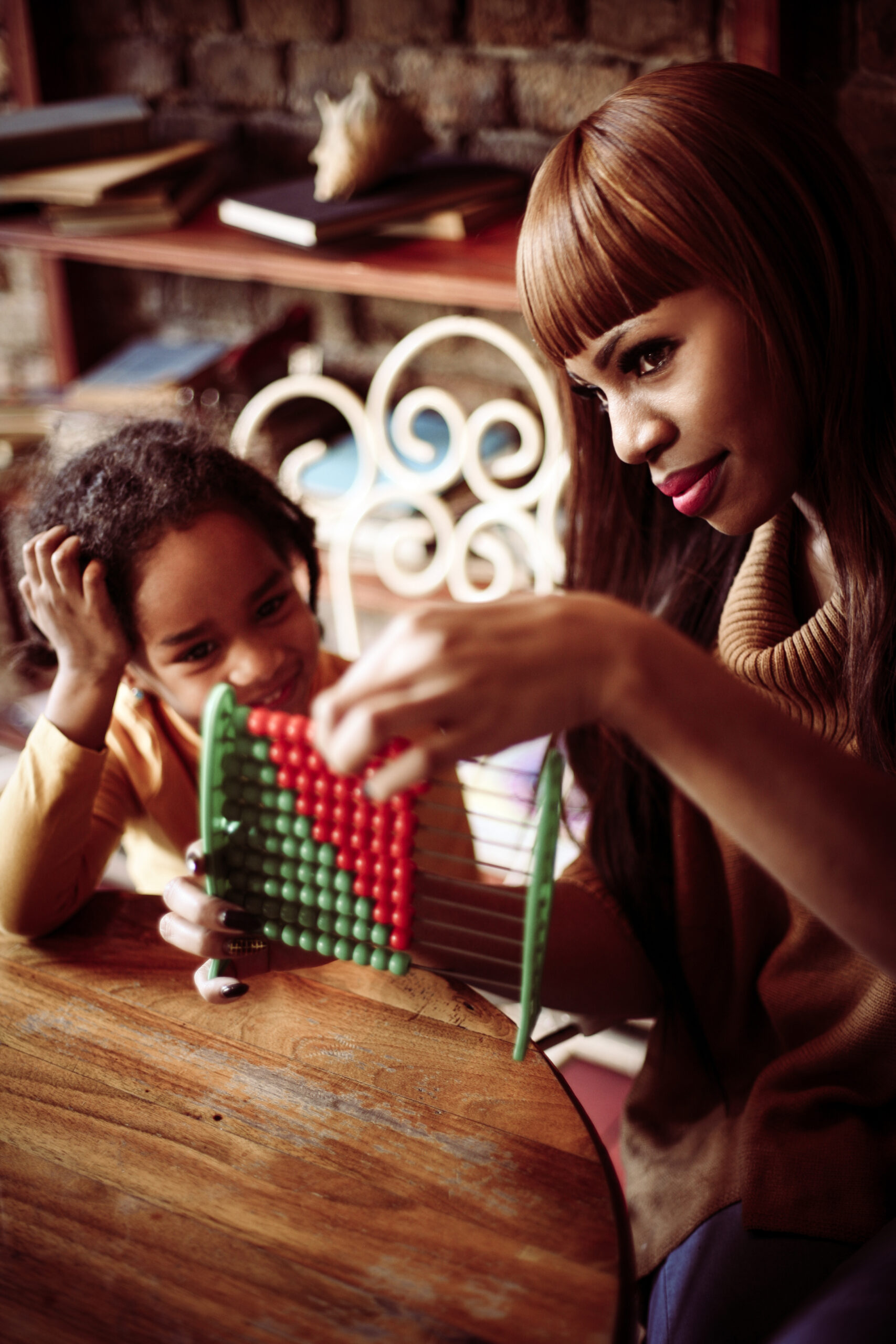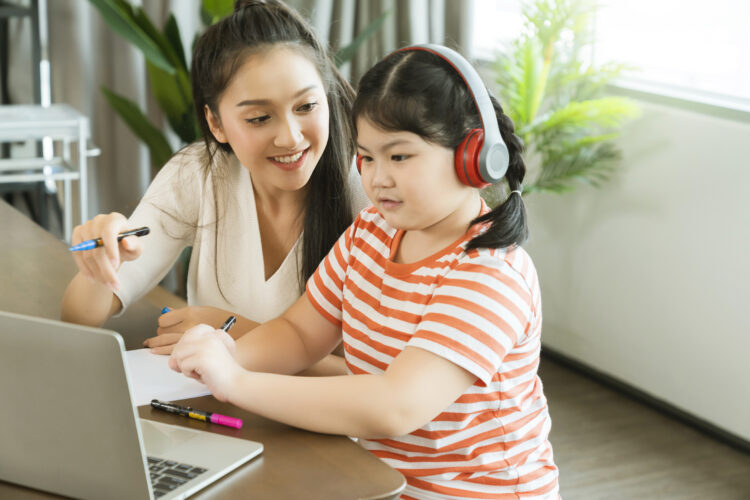A Learner-Centered Education
A learner-centered education is powerful and profound. It impacts the value students place on the act of learning. It affects their view of how they think and their academic knowledge and skills. When education is learner-centered it gives confidence and can even benefit a student’s mental health.
Centering Learning on the Learner
If you are not sure what a learner-centered education is, you are not alone. The term is often confused with student- or child-led learning.
A learner-centered education focuses on the learner and their learning. This type of education is handcrafted to meet the unique strengths and challenges of the individual. It thoughtfully teaches learners at their academic level. There is no arbitrary timeline about what should be mastered when, or how long mastery should take once learning begins.


A learner-centered education honors how learning best happens.
In a learner-centered education, learners have some say about the projects and materials they use. They may even choose some of the topics. However, learners do not decide if they learn something or not. It simply is not reasonable or realistic to assume a young person understands why information and processes need to be learned. In addition, it places an unfair burden on someone who does not have the experience or maturity to understand this. To ask learners to decide what and when something should be learned is antithetical to a learner-centered education.
A learner-centered approach engages learners in the act of learning.
With a learner-centered approach, students are expected to actively engage in their learning. It honors the way real learning happens. Inherent to this approach is that you understand how each learner learns. It is unfair to expect learners to actively engage in their learning if the instruction and material do not meet them where they are.
When you teach using a learner-centered approach, you are learning along with your students. It is important to actively assess for understanding. A good technique to use is to orally ask assessment questions that encourage students to reflect on what they are learning. If the conversation veers off topic, go with it, while looking for a way to pair it with the topic. While you are at it, talk about yourself as a learner. In this way a learner-centered education has a self-reflective component, where all involved see themselves as learners. By thoughtfully incorporating this into your homeschool, you are creating a culture of thinking where your children understand that, like you, they are lifelong learners.


Learning skills like metacognition, accessing all four primary modalities, and executive functioning skills are intentionally taught.
Learners are asked to work on the skills used when learning. A learner-centered education does not focus solely on academic topics. It recognizes that learning is a skilled endeavor. With this approach, learning skills like metacognition, accessing all four primary learning modalities, and executive functioning skills are intentionally taught. In this way overall learning skills needed in all disciplines are included. There is also instruction about the specific skills needed for different disciplines. A learner-centered approach in science, for example, scaffolds with instruction and discussion the skills of how to think through and logically approach science questions, generate hypotheses, evaluate data, and develop conclusions.
It is important that not only do you teach learning skills, but you also discuss them in the same way that you discuss working on academic topics. For example, if your child needs to work on the skill of note taking. Discuss why this is an important skill. Take time to teach it in a way that reduces the stress, perhaps by pairing it with a subject your child finds easy. Acknowledge the learning of this skill with the same level of praise you would an academic one.
The concept of using a learner-centered approach in education is not new. Its primary use has been in traditional school settings. This is good because it means there are plenty of studies about its effectiveness. Those studies consistently show a learner-centered education to be more effective for learning. The issue with implementing it is much harder in a traditional school setting. At home, a learner-centered education is much easier to use. It starts with coming to understand how your child accesses information and what their level is within academic subjects. Next, do some research to make sure the materials and programs you are using incorporate best learning practices in them. Finally, choose what academic and executive functioning skills your children need to work on. With a bit of planning, you are ready to provide your kids with a learner-centered education!
This is part of The Learner’s Toolbox from Blair Lee. The Learner’s Toolbox is a multi-part series in the SEA Homeschoolers Magazine and SEA Homeschoolers Online Conference Series that focuses on learning skills that are essential for lifelong learners.
New to Homeschooling? Check out our How to Homeschool 101 Article.
Want to know what SEA Homeschoolers is about? The SEA Homeschoolers Team collaborated on a list of 27 WE BELIEVE statements so you would know the answer!

